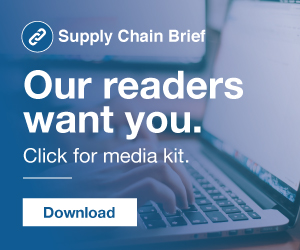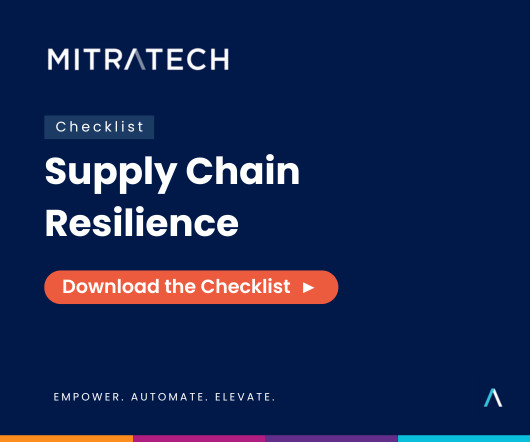Gartner’s 2016 Supply Chain Planning Predictions - This Time its Different
ToolsGroup
DECEMBER 15, 2015
Usually Gartner’s year-end predictions for the upcoming year consist of extrapolation of recent trends and gradual changes that are already happening, so they don’t make for particularly exciting reading. Not this year. For the first time in many years, Gartner is predicting big near-term changes in supply chain planning. In Predicts 2016: Reimagine SCP Capabilities to Survive , Gartner starts by laying down the gauntlet.


































Let's personalize your content